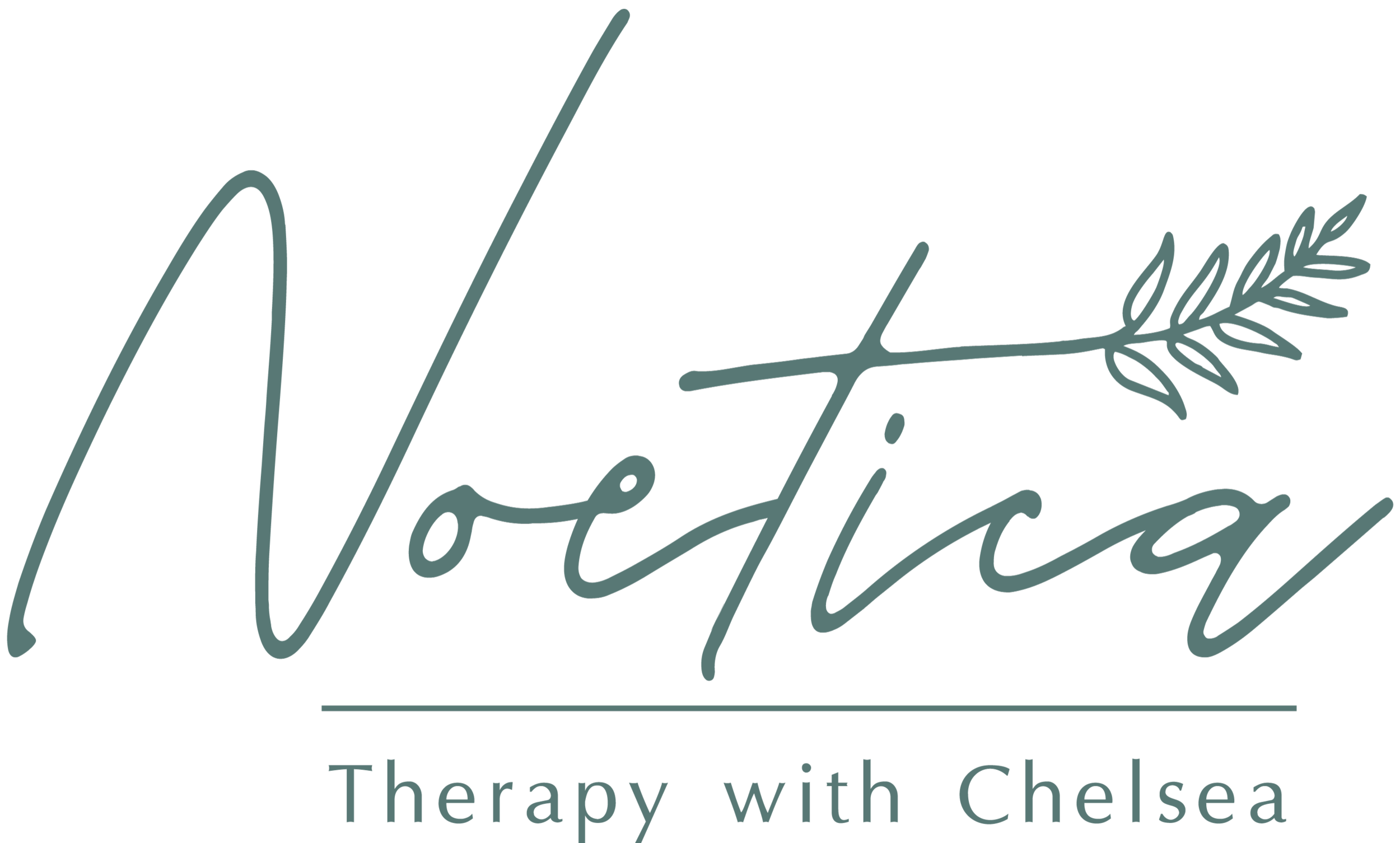What is counselling?
WHAT HAPPENS IN COUNSELLING?
The first time we meet for an intake session, I will give you a sense of what the counselling process is, discuss informed consent, confidentiality, and the risks and benefits of therapy. After this is an opportunity for you to share what is bringing you to counselling. I usually will ask questions about your history as well which may be related to your present concerns. We will work collaboratively to form goals and decide on approaches that are best suited to you based on what changes you would like to experience.
Subsequent sessions will be based upon your goals. I utilize a variety of treatment approaches that are tailored to each client. As someone who practices integratively, my approaches involve cognitive, emotional, somatic (body), behavioural, and systemic interventions. Not every approach is suited to each client, we will work together to establish what you find most helpful.
CONFIDENTIALITY
The client-counsellor relationship is confidential and as your counsellor, I will not share the details of your session work with anyone without your written consent. There are legal requirements where counsellors are obligated to disregard confidentiality. If you reveal information that you intend to harm yourself or someone else, or child abuse is suspected, or a vulnerable or dependent adult abuse is suspected, I am required to contact the appropriate government or community authorities. Counsellors are also required to release their client records if subpoenaed by a court of law.
RISKS & BENEFITS
Counselling is an intensely personal process which can evoke unpleasant memories or strong emotions to the surface. There are no guarantees that counselling will work for you. Clients can sometimes make improvements only to go backwards after a time. Progress may happen slowly. Counselling requires a very active effort on your part. In order to be most successful, you will have to work on things we discuss outside of sessions.
However, there are many benefits to counselling. Counselling can help you gain personal insights, develop coping strategies, make behavioural changes, reduce symptoms and suffering, improve the quality of your life, freely experience emotions, change relational patterns, learn to live in the present and empower you to be the change you wish for yourself.
“Existence means having a chance to change things for the better, to experience what is of value and avoid or eliminate what could damage or harm. These possibilities provide us with direction to which we can orient ourselves.”
- DR. ALFRIED LÄNGLE



